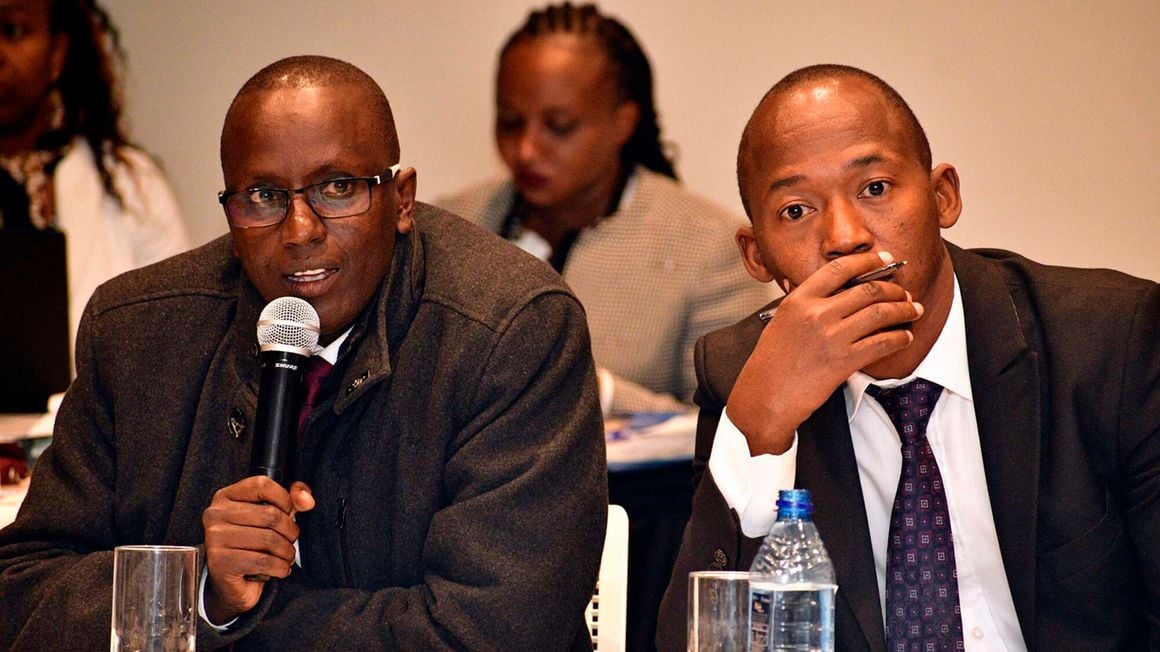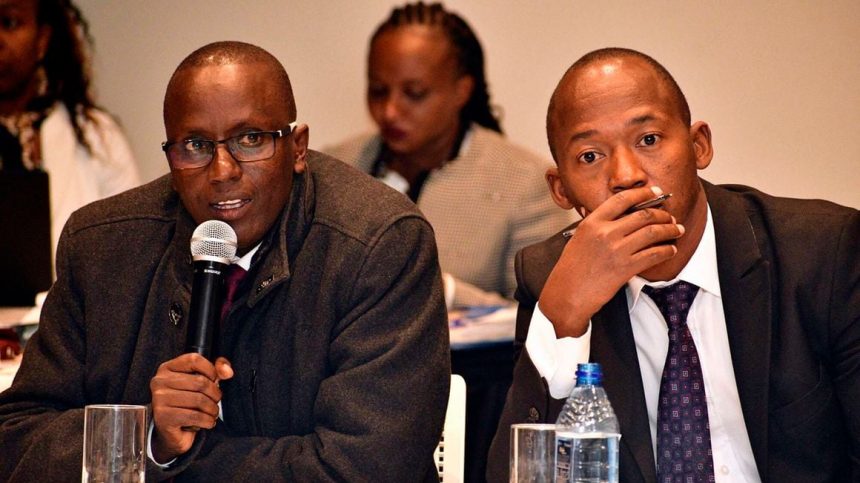Electricity consumers are at the mercy of independent power producers (IPPs) in the absence of revision clauses for idle capacity charges in the power purchase agreements (PPAs) signed with Kenya Power.
Auditor-General Nancy Gathungu told the National Assembly Committee on Energy last week that there may be no legal framework that can be used to initiate the revision of the charges blamed for the high cost of electricity in the country.
The capacity charge is the amount that is payable to an IPP regardless of whether it generates power.
It is passed to consumers and significantly contributes to the cost of electricity.
“The PPAs did not have a capacity charge revision clause and therefore there may be no legal framework that can be used to initiate these revisions. The revision would purely depend on the goodwill from IPPs to renegotiate the agreements,” Ms Gathungu said.
Contracted capacity
Despite IPPs charging high capacity charges, the Auditor-General said, they are operating below their contracted capacity.
This means that consumers are paying more for capacity charges than the actual power they sell to Kenya Power.
“It was noted that the capacity charge costs for independent power producers during the two years (2020/2021 and 2021/2022) were higher than the cost of the energy purchased, indicating that the IPPs were operating below their contracted capacity resulting in payment for idle capacity,” the auditor said.
According to the audit report for the financial year 2019/2020, taxpayers paid Sh47.5 billion to IPPs as a capacity charge and Sh49.2 billion in the 2020/2021 financial year.
“Any idle capacity on the IPP is borne by the consumer due to capacity charge contractual obligation and will extend through the contract which is normally 20 to 25 years,” Ms Gathungu told the parliamentary committee hearing on the high cost of electricity.
Despite producing less power as compared to the Kenya Electricity Generating Company (KenGen), the State-owned generator was paid less than what the IPPs pocketed.

While KenGen produced 8,172GWh, representing 67 percent in the two years, it was only paid Sh41.9 billion.
For their part, IPPs that produced 4,215 GWh, representing 33 percent, were paid Sh56.3 billion.
MPs heard how despite some of the IPPs selling less than 10 percent of electricity to Kenya Power, they pocket 100 percent of the capacity charges.
“This capacity charge is something that must be re-looked. Kenyans pay IPPs for supplying nothing but just for keeping their generators there? This is skewed,” said the committee chairman Vincent Musyoka
“It is very clear that most of these generators are just there to be paid for even if they are switched off. What kind of business is that where the owner does take any risk?”
But the IPPs sought to absolve themselves from any blame, saying they are always ready with the power but only dispatch it upon request by Kenya Power.
The IPPs also told the committee that it is the capacity charge that they use to repay the loans taken to set up the power generation plants.
Standard requirement
The capacity charge, they said, was put in the PPAs to ensure investors recoup their money and that it is a standard requirement in all PPAs across the globe.
They also defended the idle capacity being paid for by consumers saying it was among the requirements by the government during the bidding process.
MPs have been calling for the renegotiation of the PPAs, terming them skewed and a burden on consumers who are subjected to many unnecessary charges.
Kenya Power Managing Director Joseph Siror told the MPs that the utility firm would no longer sign any new PPAs with the IPPs, with plans in place to go for cheap power.
“We are not encouraging this kind of arrangement any more. What we are doing now is telling the IPPs to come and set up their power plants in the country then we will go for the cheapest in the market,” Dr Siror said.
Renegotiating contracts
The IPPs have told MPs that while they are not entirely opposed to renegotiating their contracts as part of the efforts to address the high electricity costs, their demands should also be considered in the arrangement.
They cited loans which they took with commercial banks which they are repaying, engagement of other major stakeholders in their companies and the cost of fuel as some of the major issues that Parliament together with the government should consider in the re-negotiation.



